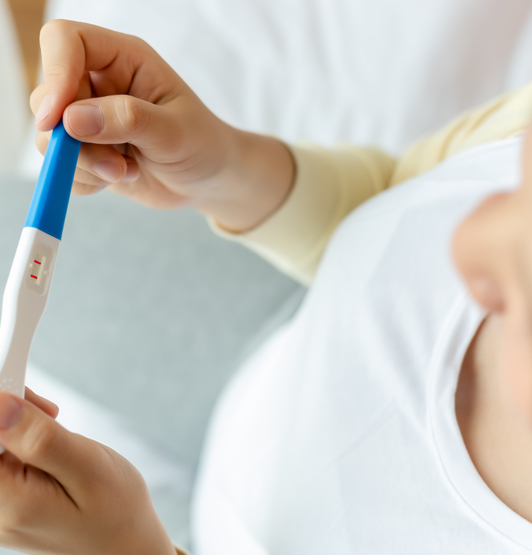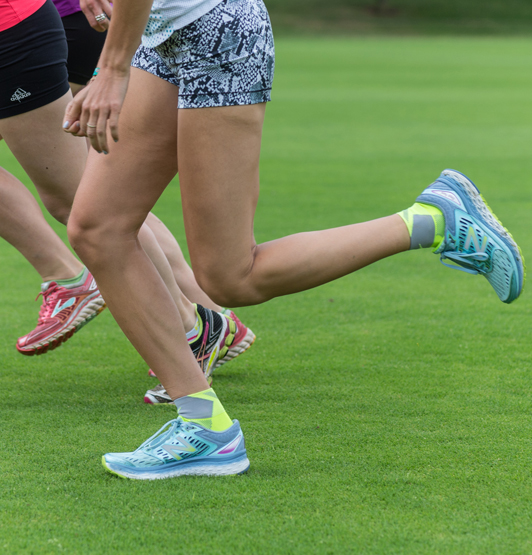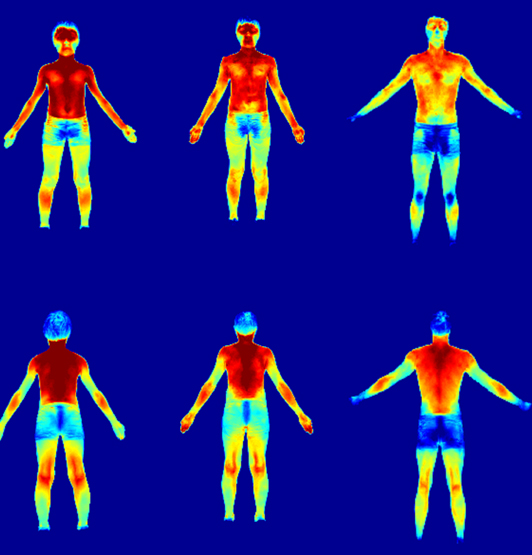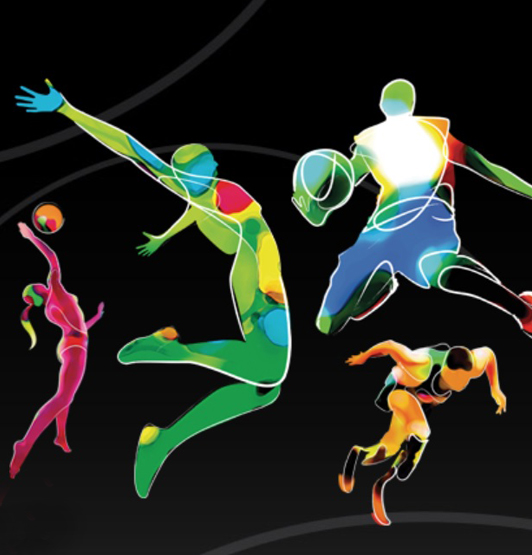Our research
Or expertise spans Sport and Exercise Physiology, Human Biology, Sociology, Biometrology, Engineering, Sport and Exercise Psychology, Global Public Health and Behavioural Medicine.
Based in two very different Schools - Sport, Exercise and Health Sciences and Mechanical, Electrical and Manufacturing Engineering - we are members of several University transdisciplinary research centres and groups.
In addition, the University is part of the Global Sport University Network which facilitates knowledge exchange to solve complex problems within sport - benefitting us all by accelerating our research, enhancing its impact and widening its dissemination.
Our research centres
Our internationally-recognised research centres are shaping the very latest understanding in the fields of sport, exercise, education and health.
The work we do influences elite athletes, international sport governing bodies and grassroots activity while impacting policy around health and wellbeing.
Global Sport University Network
Our postgraduate researchers and partners join an intellectual network that offers access to a range of events; the latest cutting-edge research in sport, health and wellbeing; and the use of state-of-the-art facilities.
As members of the Global Sport University Network, they are also part of a exceptional group that is "changing the world, together, through sport".
Recent research highlights
We are proud of our broad research portfolio which reflects our wide ranging interests.
By following the links to our online profiles on the Meet the team page, you can review our individual research outputs. Meanwhile, here are a couple of recent highlights.

Pregnancy and elite sport
In December 2023, we published the findings of a study undertaken with Liverpool John Moores University and UK Sport. It highlighted the experiences of Olympic and Paralympic athletes on UK Sport’s World Class Programme who have supported their partners throughout pregnancy.

Eating problems in athletes
Although they can seriously compromise an athlete’s health and performance, sports professionals are often not well equipped to identify and address eating problems. During the past decade, we have developed a range of resources that are enhancing knowledge and confidence, better equipping people to intervene and support athletes effectively.

